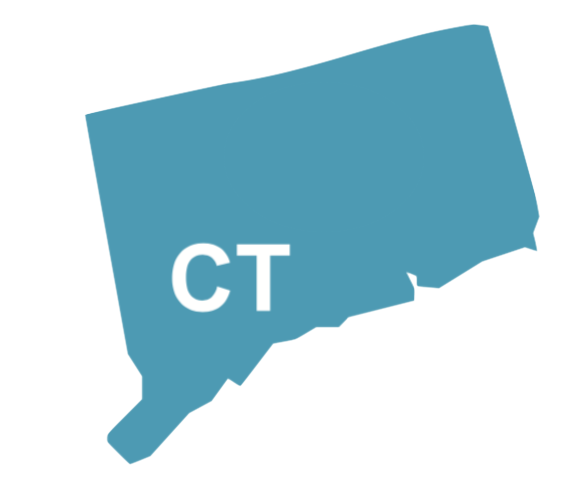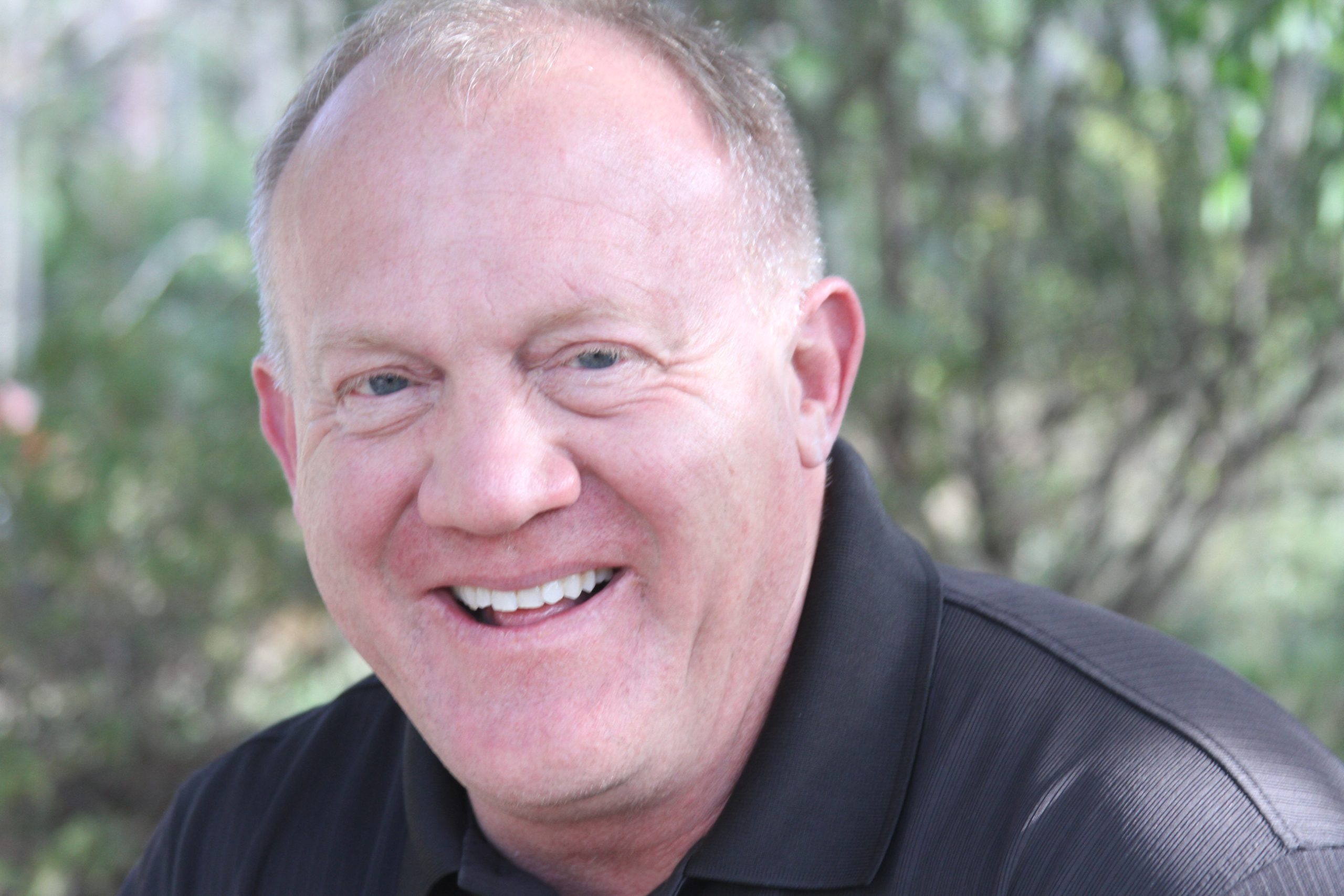DRUG AND ALCOHOL INTERVENTIONIST IN CONNECTICUT
Trusted Intervention Specialist Services for Connecticut– Call Now
(833) 918-0008
Helping Connecticut Families Navigate the Intervention Journey
When addiction impacts someone close to you, it can leave your family feeling lost and unsure of the next steps. At Newman Intervention and Recovery Solutions, we empower families by offering expert guidance and compassionate support throughout a drug or alcohol intervention in Connecticut, helping you take the first steps toward recovery.
From urban centers like New Haven to the small, tight-knit communities of the Connecticut River Valley, we assist families across the state in creating tailored intervention plans that encourage loved ones to seek the help they need. Our approach is focused on clarity, respect, and actionable steps, ensuring the process remains structured while fostering positive change.
Whether your loved one is in need of treatment locally or elsewhere, we’ll help you navigate the options that best suit their needs. By crafting a thoughtful intervention strategy, your family can move from confusion to a clear course of action, supporting your loved one on their path to recovery, no matter where you’re located in Connecticut.
Recognizing the Red Flags: When Connecticut Families Should Step In
Addiction isn’t always obvious at first, and families can often struggle to recognize when something has gone beyond occasional use. However, when substance use begins to affect everyday life and relationships, it’s crucial to take action before things escalate further.
For some families, it can be hard to tell whether their loved one is facing a temporary issue or a more serious problem. To help you decide when it’s time for a drug or alcohol intervention in Connecticut, here are key signs to watch out for:
- Increased substance use: Relying on larger amounts of the substance to achieve the same effect or to feel in control.
- Neglecting obligations: Skipping work, missing school, or avoiding family events and important responsibilities.
- Behavioral changes: Unexplained mood shifts, isolating from friends and family, or a noticeable decline in physical health or personal hygiene.
- Repeated failed attempts to quit: Promising to stop but continually relapsing, even after multiple attempts to change.
If any of these patterns sound familiar, don’t wait for the situation to worsen. Trust your instincts and reach out for professional support. At Newman Intervention and Recovery Solutions, we offer Connecticut families the resources, advice, and support needed to help guide their loved ones toward recovery before things spiral further.
Detox in Connecticut: The Crucial First Step in the Path to Recovery
The journey to long-term sobriety begins with detoxification—an essential step in removing harmful substances from the body. For those struggling with addiction to alcohol, opioids, or benzodiazepines, detox can be physically and emotionally demanding. That’s why having professional medical supervision is vital to ensuring the process is as safe and effective as possible.
At Newman Intervention and Recovery Solutions, we help Connecticut families connect to detox programs that provide both medical expertise and compassionate, personalized care.
What You Can Expect from Medically Supervised Detox:
- 24/7 Medical Care: Qualified professionals are available around the clock to monitor withdrawal symptoms, provide necessary medications, and address any complications, ensuring the safety of the individual throughout the detox process.
- Individualized Detox Plans: Each detox plan is customized to fit the individual’s specific needs, based on their medical history, substance use patterns, and recovery goals.
- Smooth Transition to Continued Care: After detox, we help families navigate the next phase of recovery, whether that’s inpatient or outpatient treatment, ensuring a seamless transition and continued support.
Although detox can be a tough first step, it’s necessary for lasting recovery. With the right combination of medical care and emotional support, families in Connecticut can help their loved ones successfully move through detox and into the next phase of their recovery.
Current Drug Trends in Connecticut
Overdose Snapshot
In 2024, Connecticut recorded 989 confirmed drug overdose deaths, a 26.1% decrease from 1,338 in 2023, per the Connecticut DPH’s most recent monthly fatal overdose report.
Fentanyl Leads the Crisis
Fentanyl was involved in 76.6% of overdose deaths in 2024 (758 deaths). The xylazine–fentanyl combination was present in 34.7% of overdose deaths (344 deaths) that year—illustrating how adulterants are amplifying risk even as totals decline.
Why Intervention Matters
Even with fewer total deaths, Connecticut’s drug supply remains unpredictable—fentanyl dominates, and adulterants like xylazine complicate outcomes. A professional intervention helps families organize the conversation, agree on concrete next steps, and connect a loved one to real treatment and follow-up support.
In-Home Interventions: A Comfortable Approach to Recovery for Connecticut Families
When addiction touches a loved one, it can be difficult to know how to begin the journey to recovery. In-home alcohol or drug interventions in Connecticut offer a compassionate and private setting to start the conversation, guided by experienced interventionists. These sessions are designed to help families take the first meaningful step toward recovery in a way that feels supportive rather than confrontational.
Why In-Home Interventions Are Effective for Connecticut Families:
- A Familiar Setting to Ease Tension: Home is a space of comfort, which can reduce resistance and anxiety, allowing your loved one to be more receptive to the idea of change.
- Expert-Led Conversations: Our interventionists ensure the dialogue is productive, using a structured, compassionate approach to maintain focus on recovery, while addressing any emotions that arise.
- Strengthening Family Communication: We assist families in crafting a clear and unified message, ensuring that each family member’s concerns are communicated in a positive and respectful manner, enhancing the intervention’s success.
- Increased Likelihood of Accepting Help: The familiarity of home encourages a greater willingness to embrace treatment, as the individual feels more at ease and less pressured.
- Flexible and Convenient: From urban areas like New Haven to quieter towns across Connecticut, we bring our expert intervention services directly to you, making it easier to get the support your family needs, no matter where you’re located.

Call us for help:
(833) 918-0008
Or send us a message below,
we’ll be in touch quickly.
Tailored Sober Coaching for Connecticut Families
While completing a rehab program is an important step in recovery, maintaining sobriety requires consistent effort and ongoing support. This is where sober coaching becomes a key factor in long-term success. For families across Connecticut, we offer personalized sober coaching that delivers the structure, encouragement, and accountability needed to stay focused on lasting recovery.
At Newman Intervention and Recovery Solutions, we customize our coaching services to align with the unique challenges and goals of each individual. Whether you’re located in bustling cities like Bridgeport or quieter communities in the state, our services are available in-person, via video, or over the phone, providing you with flexibility and support wherever and whenever it’s needed.
Our approach extends beyond supporting the individual in recovery. We work with families to help them establish healthy boundaries, avoid enabling behaviors, and create a nurturing home environment that fosters continued healing. With our knowledge of Connecticut’s treatment programs and local recovery resources, we ensure that your family has the right tools to support your loved one in maintaining long-term sobriety.

Helping Connecticut Families Rebuild After Addiction
Addiction impacts everyone involved, not just the individual facing it. It creates emotional turmoil, disrupts family dynamics, and erodes trust. At Newman Intervention and Recovery Solutions, we offer specialized intervention services to help Connecticut families regain clarity, reestablish structure, and take control during this difficult time.
From cities like Bridgeport and Stamford to the more rural parts of the state, we provide support to families across Connecticut. Whether your loved one needs detox, residential treatment, or ongoing recovery planning, we are here to help you explore the best options tailored to their needs and your family’s long-term goals.
We believe the foundation of lasting recovery lies in clear, honest communication and a unified family effort. Our interventionists in Connecticut help families set healthy boundaries, communicate concerns with care, and create a path for sustainable recovery, no matter where you are in Connecticut.
Drug and Alcohol Intervention FAQs
Is medical detox necessary for everyone?
For those grappling with substance use, detoxification is often the first critical step. The withdrawal from substances like alcohol, opioids, or benzodiazepines can cause severe physical effects, making medical supervision essential. In Connecticut, healthcare professionals assess each case to determine if medically supervised detox is required, ensuring safety and support throughout this critical period of recovery.
How does an interventionist differ from a counselor or therapist?
An interventionist focuses on leading a structured conversation aimed at initiating immediate action toward recovery. In contrast, therapists and counselors provide ongoing support throughout the recovery process. While therapists help manage long-term emotional healing, interventionists guide families through the initial steps of an intervention, working with treatment centers and ensuring the individual transitions smoothly into care.
Why does family involvement matter during an intervention?
Family participation is often the tipping point in a successful intervention. When loved ones approach the situation with understanding and support, rather than judgment, the likelihood of the person accepting help increases. We teach families in Connecticut how to communicate their concerns with compassion and clarity, creating an environment that encourages positive change and motivates the individual toward recovery.
Do you work with families outside of Connecticut?
Yes, although our headquarters are in Kansas City, we assist families across Connecticut and the entire country. Whether you reside in a bustling city like New Haven or a remote area, we adapt our intervention approach to meet your family’s specific needs, wherever you are located.
What resources do you provide to help families prepare?
We offer families a range of preparation tools, including detailed guides, checklists, and educational materials. These resources help ensure families feel well-prepared and confident as they approach the intervention process, no matter if they live in Connecticut’s cities or smaller communities.
How much does it cost to hire an interventionist?
The cost of hiring an interventionist varies depending on factors such as location, case complexity, and service duration. We believe in offering transparent pricing, so families can make informed decisions. While there is an upfront cost, many families find that the investment in a professional intervention helps prevent larger emotional and financial burdens by securing timely help for their loved ones.
What if my loved one refuses treatment?
It’s common for someone to initially resist the idea of treatment. If this happens, we will continue to work closely with your family to adjust the strategy and provide additional support. With persistence and continued compassion, many individuals eventually agree to treatment and begin their recovery journey.
How do you assist families across Connecticut?
We offer flexible services to families throughout Connecticut, regardless of location. Whether you prefer in-person meetings, phone consultations, or virtual sessions, we ensure that every family—whether in large cities or more rural areas—has access to the guidance and support they need.
We are a proud member of these organizations:


